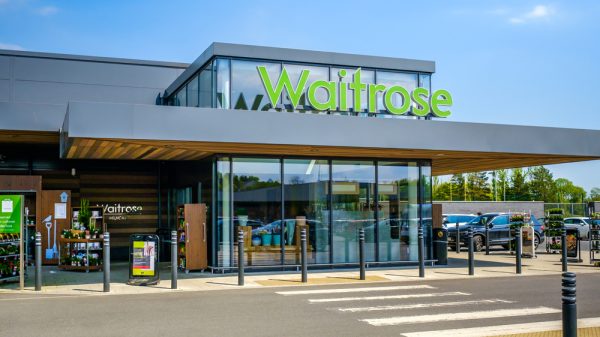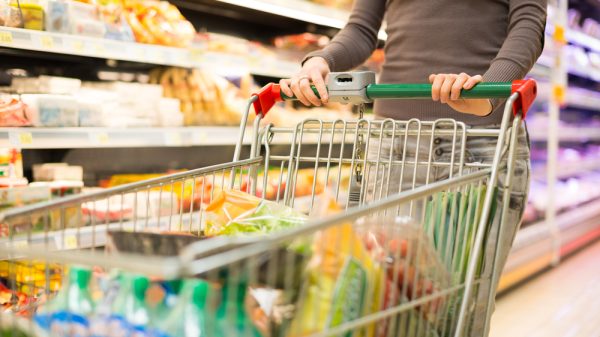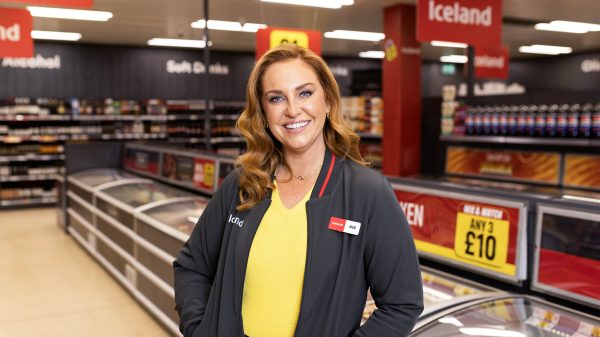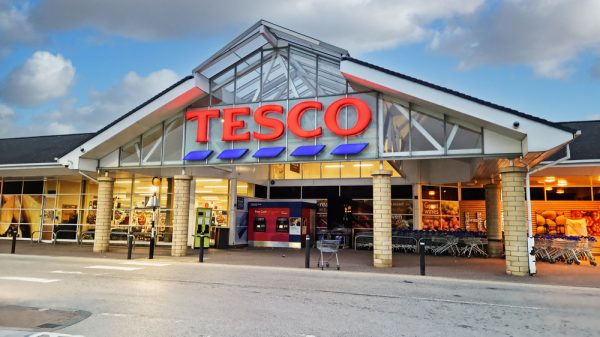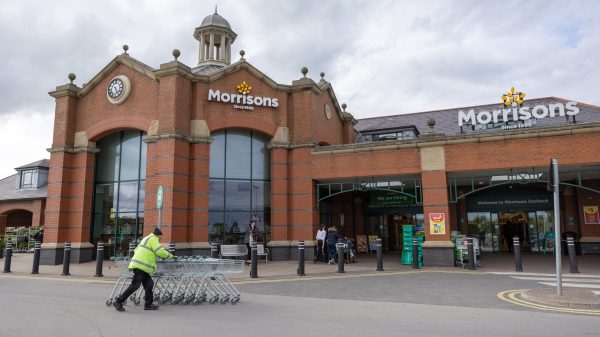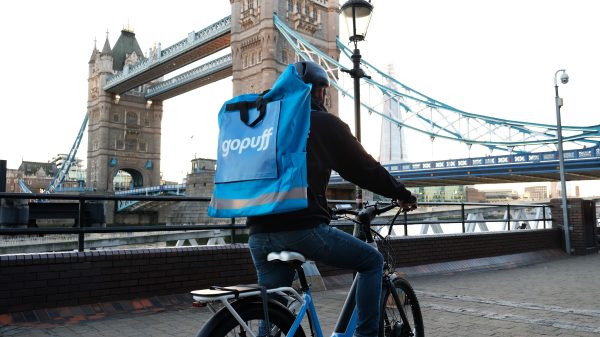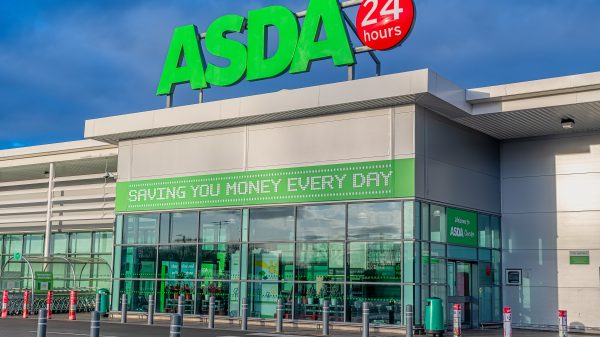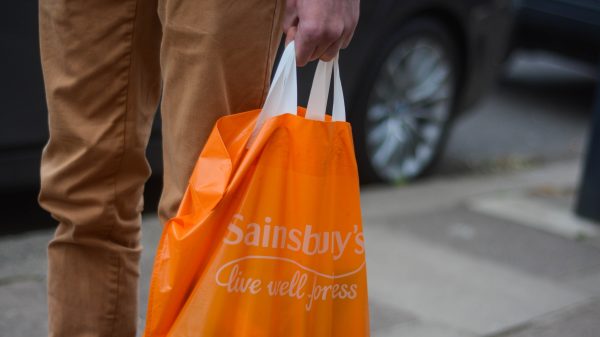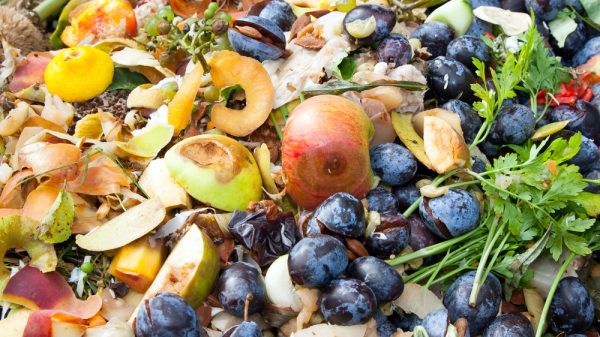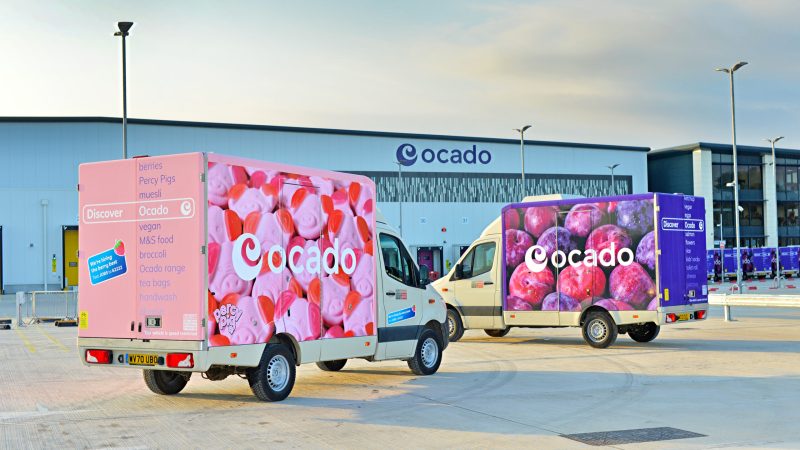Private labels are now bouncing back after the Covid-19 pandemic forced a stall.
Following a period where customers chose familiarity and security, which were offered by the big-name brands, private label sales fell in Europe last year.
Sales not only suffered, but recently, FMCG giants like Heinz ceased supplying to Tesco following price rows, with Mars Pet Food following soon after, pausing its supply of Whiskas, Dreamies and Pedigree.
Despite the slowdown, data provider, IRI International, revealed private label brands still make up 35% of FMCG value sales, which is estimated to be worth €194 billion (£164 billion).
However, following some “inherent tension” between packaged food manufacturers, many supermarkets are more inclined to move to more own-label products to offset price rises from these manufacturers, Bloomberg Intelligence analyst Jennifer Bartashus believes.
According to research commissioned by Bloomberg Intellegence food companies have been accelerating price increases since H2 2021 to offset soaring costs for ingredients, labour and transportation.
However, Bartashus even predicts that despite this supermarkets might push more into own-label products, following a price row between FMCG giant Heinz and Big 4 grocer Tesco.
This is evident as supermarkets own lines have grown by 4.1% in the past four weeks, while sales of branded items have fell by 2.4%, according to data commissioned by Kantar.
Kantar’s head of retail and consumer insight Fraser McKevitt says: “It’s a complex picture and the grocers are busy negotiating with their suppliers to mitigate impact at the tills as far as possible.
“We’ve seen this play out in the headlines in recent weeks, with some well-known brands temporarily disappearing from supermarket shelves over pricing disputes.”
READ MORE: Cost of living: Has inflation driven Brits to theft?
Tesco vs Heinz – The catalyst
As a result, shoppers faced shortages of Heinz products from Tesco as the FMCG brand paused supply. Despite this row now being resolved, this has just kicked off a debate of whether or not supermarkets are in fact siding more with private labels compared to FMCG brands.
According to Bartashus, this is “likely due to a combination of value-seeking behaviour, shortages of national brands of some categories and retailers promoting their private-label products”.
She says: “None of these is likely to abate in the near term, suggesting private-label sales could continue to strengthen as the year progresses”.
However, BRC‘s director of insights Kris Hamer agrees that “many people are trading down to cheaper brands” amid the cost-of-living crisis.
He says: “This has bolstered many own brand lines, which tend to provide some of the best value for customers. Economic difficulties are often a backdrop for innovation for own brand ranges, to ensure affordability for customers on the tightest budgets.”
Matt Britzman, equity analyst at Hargreaves Lansdown agrees and believes that it “wouldn’t be a shock to see that trend continue.”
Last week, Big 4 rival Sainsbury’s reported that an average basket size was falling as consumers left one or two items off the shopping list to try and stretch budgets further.
“The natural progression from that, when the list can’t get any smaller, is to shift down the value chain,” Britzman added.
“Having the ability to squeeze every last drop of value from suppliers is going to be key in trying to stem the margin decline that’s no doubt in the pipeline.”
READ MORE: Average UK food bill climbs to £454 a year as inflation hits 9.9%
Paul Stainton, partner at IPLC said he does not think the switch to private label is due to a shortage of national brands.
“Whilst availability of certain products has been an issue of late, mainly due to retailers and suppliers falling out over cost price increase negotiations, most brands have been available, and it is the better value-for-money that private label offers which is attractive to the cost-conscious consumer,” he says.
Stainton continued: “As cost pressures continue, margin mix becomes even more important for retailers.”
GlobalData consumer analyst Amira Freyer-Elgendy also believes that “private label is sure to gain traction in the coming months, as price hikes are likely to affect the entire grocery aisle, but private label remains the most cost-effective purchase.”
This follows recent research commissioned by the company which revealed that 35% of UK shoppers are responding to price increases by “switching to cheaper products from the same retailer”.
Who wins?
Britzman concluded with “having the ability to squeeze every last drop of value from suppliers is going to be key in trying to stem the margin decline that’s no doubt in the pipeline”
But, the head of retail at KPMG, Paul Martin says he expects a “Mexican standoff as “FMCG brands are significantly more profitable than retailers, these retailers are saying you need to take a share with the pain.”
He tells Grocery Gazette: “The reality is, if there is no proper collaboration between retailers and manufacturers, both sides lose.”
With the UK currently facing an ongoing cost-of-living crisis, it is unsurprising that grocers are having rows with FMCG brands due to cost prices. As well as inflation, and more people penny pinching, own-brand items might be the best option for supermarkets.
Click here to sign up to Grocery Gazette’s free daily email newsletter

